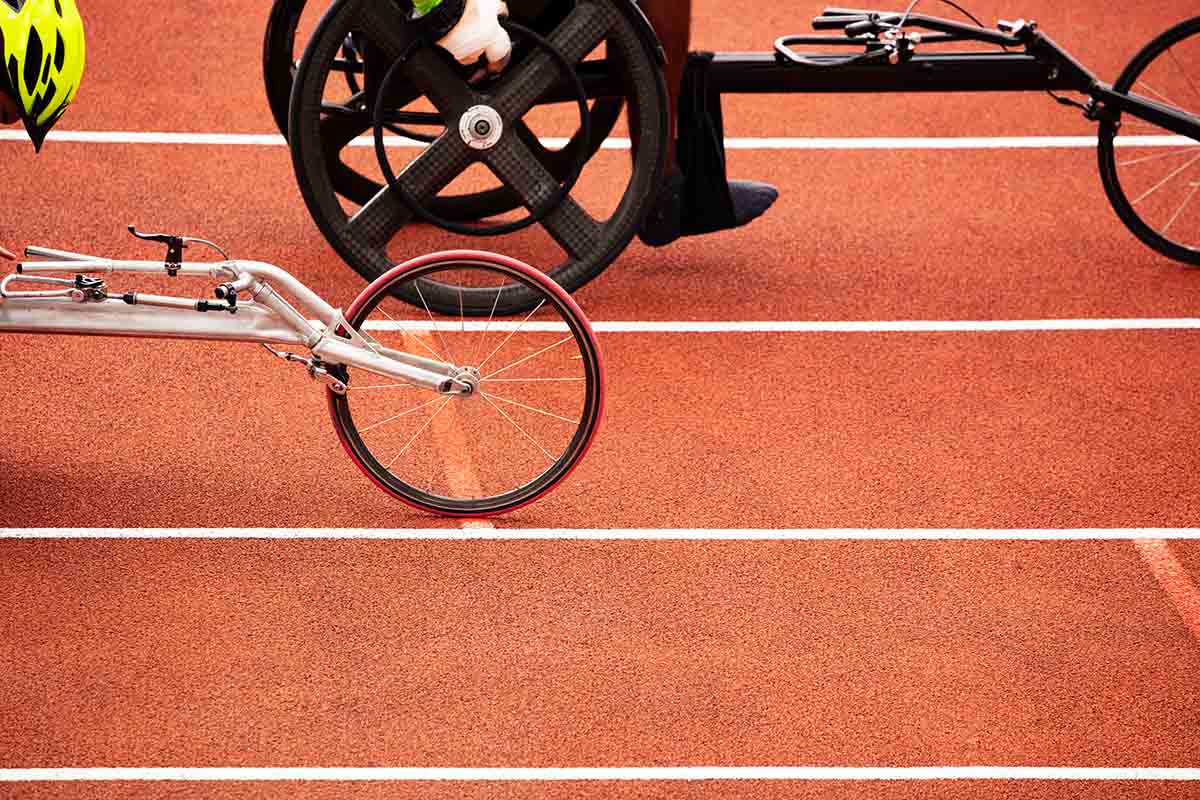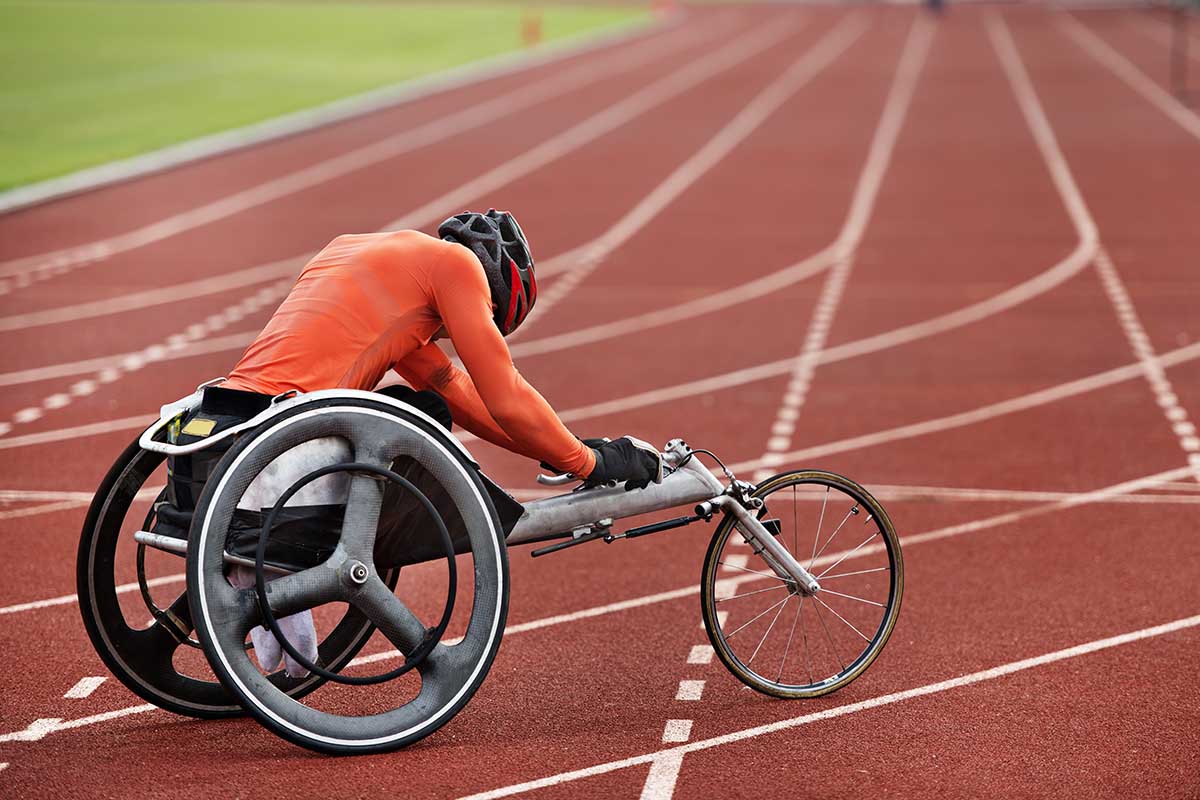Celebrating Inclusion: The Impact Of Special Olympics On Athletes and Communities
In a world that sometimes struggles to embrace diversity, the Special Olympics stands out as a beacon of inclusion and acceptance.
Founded in 1968 by Eunice Kennedy Shriver, the Special Olympics has grown into a global movement that empowers individuals with intellectual disabilities through the joy of sports. Brent Morgan Porges explores the impact of the Special Olympics.
The Special Olympics: More Than Just Games
The Special Olympics offers a range of sports training and athletic competitions throughout the year. These events focus on Olympic-style sports and are specifically designed for individuals with intellectual disabilities.
Participating in these activities not only helps athletes improve their physical fitness but also allows them to showcase their courage and skills.
Moreover, it allows them to experience joy and form meaningful connections with their families, fellow Special Olympics athletes, and the broader community.
Impact on Athletes
The impact of the Special Olympics on athletes cannot be overstated. Participating in the games gives athletes a sense of accomplishment and pride, boosting their self-esteem and confidence.
The training and competition also contribute to improved physical health as athletes develop strength, endurance, and coordination.
Beyond the physical benefits, the Special Olympics provides athletes with intellectual disabilities a platform to showcase their talents and abilities, challenge stereotypes, and prove they can excel in sports and life.
Impact On Communities
The impact of the Special Olympics extends beyond the athletes themselves, reaching into the communities in which they live. By promoting inclusion and acceptance, the Special Olympics helps to break down barriers and stereotypes that often exist for individuals with intellectual disabilities.
Communities that embrace the Special Olympics become more inclusive and welcoming places for all individuals, regardless of their abilities. The games also allow community members to volunteer and support the athletes, fostering a sense of unity and compassion.
Promoting Inclusion Through Sport
One of the key principles of the Special Olympics is the belief that through sports, individuals with intellectual disabilities can develop the skills and confidence they need to succeed in life. The organization provides a supportive and inclusive environment for athletes to thrive, with trained coaches and volunteers dedicated to helping them reach their full potential.
Beyond the physical benefits, participating in the Special Olympics teaches athletes important life skills such as teamwork, discipline, and perseverance, which are invaluable both on and off the field.
Celebrating Achievements And Overcoming Challenges
The Special Olympics celebrates the achievements of athletes with intellectual disabilities, highlighting their determination and perseverance in overcoming challenges. Each athlete’s journey is a testament to the human spirit, inspiring others to push beyond their limits and pursue their dreams.
The games provide a platform for athletes to showcase their skills and talents, proving that with dedication and support, anything is possible.
The Role Of Volunteers And Supporters
Central to the success of the Special Olympics are the volunteers and supporters who dedicate their time and resources to make the games possible. From coaches and officials to family members and community members, their unwavering support and encouragement are instrumental in helping athletes succeed.
Volunteers play a crucial role in organizing events, providing training, and cheering on the athletes, creating a sense of camaraderie and community that extends far beyond the games themselves.
Their commitment to advocate for inclusion and acceptance helps to make the Special Olympics a truly special event for everyone involved.
Continuing Impact And Future Growth
As the Special Olympics continues to expand its reach and impact, the future looks bright for athletes with intellectual disabilities. The organization is committed to promoting inclusion and acceptance globally, ensuring that individuals of all abilities can participate in sports and experience the joy of competition.
The Special Olympics aims to break down barriers and create a more inclusive society for future generations through ongoing programs and initiatives. As we look ahead, let us celebrate the achievements of the Special Olympics and pledge to support its mission of inclusion, acceptance, and unity for years to come.
Conclusion
The Special Olympics has had a profound impact on athletes and communities around the world. Brent Morgan Porges believes that by promoting inclusion and acceptance through sports, the Special Olympics have helped change perceptions and create a more inclusive society.
As we celebrate the achievements of Special Olympics athletes, let us also recommit ourselves to creating a world where everyone is accepted and valued, regardless of their abilities.




















